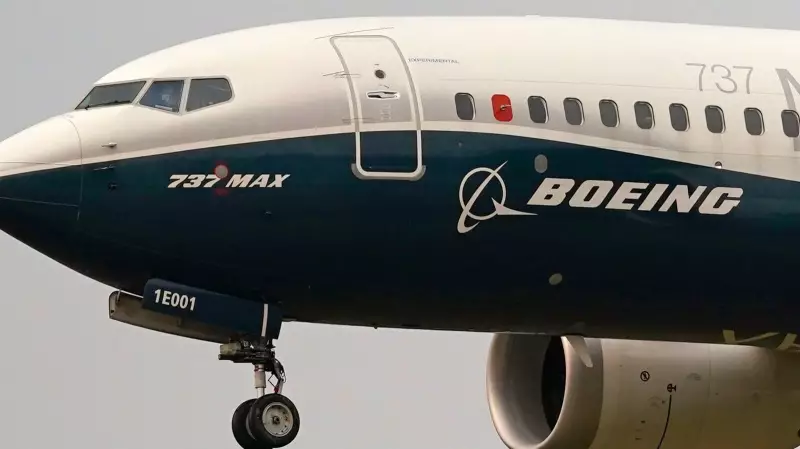
In a dramatic turn of events that's shaking the aviation industry, Boeing's manufacturing workers have firmly rejected what seemed like a generous 24% wage increase offer, extending their historic strike into its 84th day. The prolonged labor dispute is now raising serious concerns about production delays and delivery schedules for one of the world's largest aircraft manufacturers.
The Rejected Offer: More Than Just Numbers
Despite Boeing's substantial wage hike proposal, workers at the Wichita facility, represented by the International Association of Machinists and Aerospace Workers (IAM), voted overwhelmingly against the deal. The rejection highlights that compensation packages involve much more than just base pay numbers.
Key concerns driving the continued strike include:
- Insufficient retirement benefits and pension plans
- Healthcare coverage limitations
- Working conditions and job security measures
- Work-life balance provisions
Industry Impact: Ripples Across Aviation
The extended work stoppage is creating significant challenges for Boeing's production pipeline. With workers maintaining their picket lines, aircraft manufacturing and delivery timelines face potential disruptions that could affect airlines worldwide.
"This isn't just about today's paycheck," explained one striking worker. "We're fighting for our future in this industry and ensuring that Boeing remains a place where skilled workers can build careers, not just collect temporary paychecks."
Historical Context: A Pivotal Moment
This 84-day strike represents one of the longest labor disputes in recent aerospace history. The determination shown by Boeing workers underscores changing dynamics in manufacturing labor relations, where comprehensive benefits packages are becoming as important as wage increases.
The standoff comes at a crucial time for Boeing, which is working to maintain its competitive edge against rival Airbus while addressing quality control concerns that have emerged in recent years.
What's Next for Negotiations?
With both sides appearing firm in their positions, industry analysts suggest that a resolution might require:
- Revised proposals addressing non-wage benefits
- Third-party mediation to break the deadlock
- Potential intervention from aviation regulators concerned about production impacts
- Revised timelines for aircraft deliveries to global customers
As the strike enters its third month, all eyes remain on Wichita, where the outcome could set new precedents for labor relations throughout the aerospace manufacturing sector.





